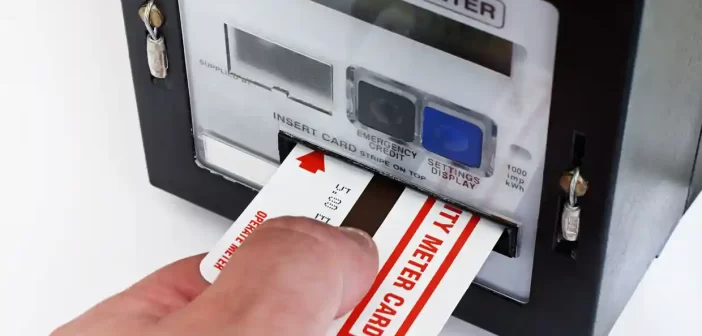A price cap on the amount suppliers can charge for energy will fall by £999 to £3,280 from April, but bills will still rise due to a planned cut in government support.
The energy regulator, Ofgem, said on Monday that its quarterly cap on household bills for average dual-fuel direct-debit customers will fall by 23% for the three months from 1 April, from £4,279 for the January to March quarter.
Consumers will not actually pay this figure as the government’s energy price guarantee and its £400 discount scheme subsidise household bills, keeping the price for a typical household at £2,100 a year. But from April the price guarantee will become less generous and the discount will be withdrawn altogether, meaning the typical bill will rise to £3,000.
Chancellor Jeremy Hunt, who is due to deliver the budget on 15 March, faces calls to postpone the planned cut in support, which will lead to some bills rising as much as 40% on last year.
Ofgem’s chief executive, Jonathan Brearley, said: “Although wholesale prices have fallen, the price cap has not yet fallen below the planned level of the energy price guarantee. This means that on current policy, bills will rise again in April. I know that for many households this news will be deeply concerning.”
The significance of Monday’s announcement is that the Ofgem cap, which limits what suppliers can charge per unit of energy, is used to calculate how much the government will pay energy suppliers to limit typical bills to £3,000.
As long as the level of the price guarantee is lower than the Ofgem price cap, the government will pay suppliers the difference to cover the cost of buying wholesale energy at prices, which have been inflated by the war in Ukraine.
Wholesale gas prices have fallen sharply in recent months but the drop is yet to feed through into household bills as suppliers buy their energy months in advance. As a result, the price cap is expected to fall to about £2,100 from July for the remainder of the year, meaning that the government would not have to pay to subsidise bills. Consumer campaigner Martin Lewis has urged the chancellor to keep support in place until July, so that people do not face three months of hardship until that point.
The announcement of the Ofgem price cap re-ignited calls for the government to postpone the cut to support.
The Liberal Democrat leader, Ed Davey, said: “The Conservatives’ plan to hike energy bills in April will come as a hammer blow to families already struggling with soaring mortgages and rents, shopping bills and tax rises.
“With no plan to deal with this cost of living crisis for people or businesses, this chaotic, out-of-touch government is instead making it much worse because they just don’t get it.”
James Taylor, director of strategy at the disability equality charity Scope, said: “We know budgets are stretched beyond breaking point. In April, disabled households having to find on average another £500 a month is going to be an impossible challenge.”
Suppliers are obliged to write to customers a month before a price rise, meaning letters are due to go out this week, two weeks before Hunt’s budget speech.
The consultancy Cornwall Insight has said that if the guarantee were to increase to £3,000 as planned, the cost to the government would be £26.8bn while if it were to remain at £2,500, the cost would be £29.4bn.
Ofgem said that, from 1 April, the price cap per unit will fall from 67p per kilowatt hour for electricity to 51p, and a 53p-a-day standing charge. For gas, the unit cost will fall to 13p per kWh from 17p with the standing charge at 29p a day, up 1p.
About 4 million prepayment meter customers will pay an additional £45 a year, as energy companies say they cost more to serve. The disparity in the cost between prepay and direct debit customers has been questioned amid the scandal over forced installation of prepayment meters.
For customers who pay by using cheque or cash, the cap has fallen by £1,051 from £4,533 to £3,482, meaning they pay about £200 more than direct debit customers.
Ofgem said consumers did not need to take an “immediate action” on Monday’s announcement, and should contact their supplier if they are struggling to pay bills.
The cap is calculated on a typical household’s energy use and consumers can still pay more than the cap level if they use more energy.

